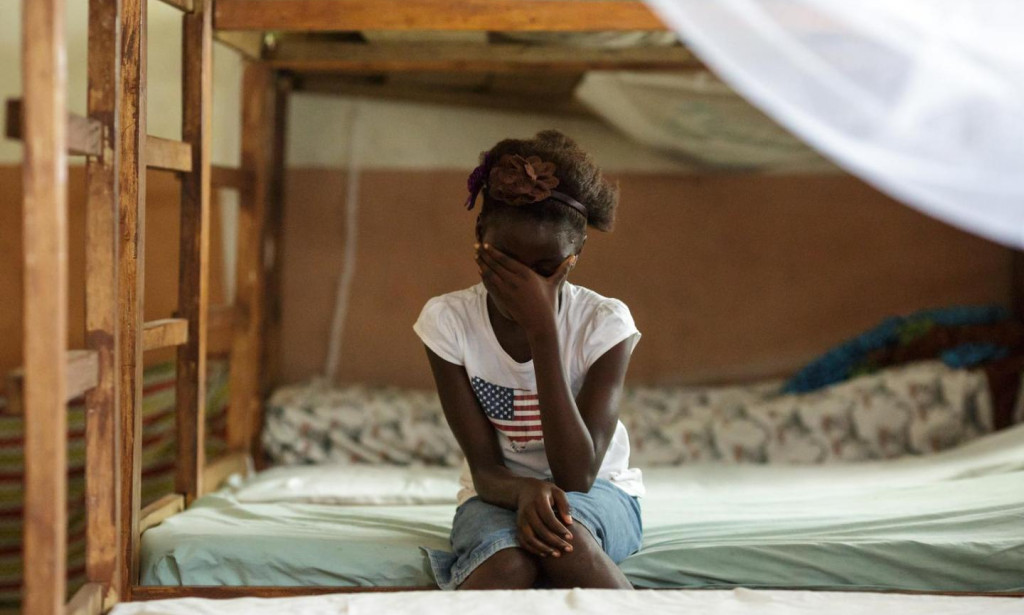Female genital mutilation (FGM) is an ancient procedure still undergone by millions of women and girls living in countries all over the world. In today’s society, FGM is an issue of international concern and has been condemn by various governments and human rights organizations. It is an extreme form of gender inequality that has gruesome health, psychological and social repercussions.
FGM is a procedure that includes variably cutting, pricking or otherwise damaging a female’s genital organs for non-medical reasons. It is often inherited as a cultural practice stemming from deeply rooted beliefs, but there is no clear origin of how it began. In many countries it is associated with family honor, purity, and social acceptance.
The short-term health impacts of FGM are obvious. The procedure itself is carried out by relatives or traditional circumcisers who lack any proper medical knowledge, and are therefore not equipped to deal with potential complications such as infection, shock, and pain. The long-term physical impacts range from infertility, chronic urinary and gynecological infections and post-traumatic stress disorder.
FGM is also known to inflict long-term psychological damages to the women who have gone through it. In addition to having to endure the procedure itself, FGM is often done without the person’s consent and accompanied by other ritualistic practices such as scarification and dowry abuse. This lack of consent and freedom of choice leaves many affected women feeling broken and betrayed.
In order to combat FGM, various organizations have implemented various forms of activism to raise awareness and fight against the practice. Education is one of the most powerful strategies to bring about change as it encourages individuals to think independently and make informed decisions.
The UN, as well as many other organizations, also work to raise awareness about the implications of FGM, as well as its violation of human rights. They provide free health services for survivors of FGM, as well as train professionals and health workers to identify, report, and refer cases of FGM to the authorities.
All in all, FGM is a human rights violation and an extreme form of gender violence. It is a major global concern that needs to be recognized and action taken to eliminate it. Governments, civil society, NGOs, and communities must come together to ensure that all women and girls have the ability to make decisions about their bodies without fear or coercion. By doing so, we can create a fairer, more equitable and safer world for every girl and woman.


Some beliefs within African traditions about fgm seem to have weight. The side effects of fgm interms of physical impacts are believed to be bad omen e. g having chronic urinary is believed that that the family lineage has had problems with the ancestors.Thats the reason as to why there must be sacrifice prior to the activity of circumcision of girls
You must be logged in to post a comment.